InfoLab
Information Research Lab
How Facebook Has Become A Political Battleground In Bangladesh
As Bangladesh prepares for its upcoming parliamentary election in January 2024, social media has become a vital battleground for political parties to win over public approval and mobilize public opinion. Meta (that owns Facebook, Instagram, Whatsapp and Messenger), in particular, has emerged as a key platform for political campaigns, with over 44 million active monthly Facebook users in the country. The platform has been experiencing a surge in people’s engagement (organic and paid) on a range of current affairs, thereby making it the leading forum for political candidates to engage constituencies in their election campaigns, followed by TikTok (just over 40 million users) and YouTube (nearly 40 million users). Drawing from publicly accessible data, our investigation explores how Bangladesh’s two leading political parties, the Awami League (the ruling party) and the Bangladesh Nationalist Party (the main opposition party), are using Facebook to scale their political messaging organically ahead of the election. In addition to their verified Pages, both parties use a network of Groups and Pages—some sharing the party’s name—to disseminate their messages widely, especially at regional and sub-regional levels.
Although there is anecdotal evidence of how a political party in Bangladesh is using social media, there are no comprehensive studies at present that systematically analyze how political parties organize themselves online. Similar to prior work in different geopolitical contexts, we investigate the behaviors of over 600 partisan Facebook Pages and Groups affiliated with the Awami League and the Bangladesh Nationalist Party. We gather nearly 450,000 posts with over 14.4 million followers and 97.5 million engagements, focusing on their interconnected networks, tactics used to distribute messages, and the differential approach in establishing their political agenda. We filtered this from a much larger dataset by setting a 500-follower threshold on the minimum reach of pages and groups to qualify for in-depth analysis.
